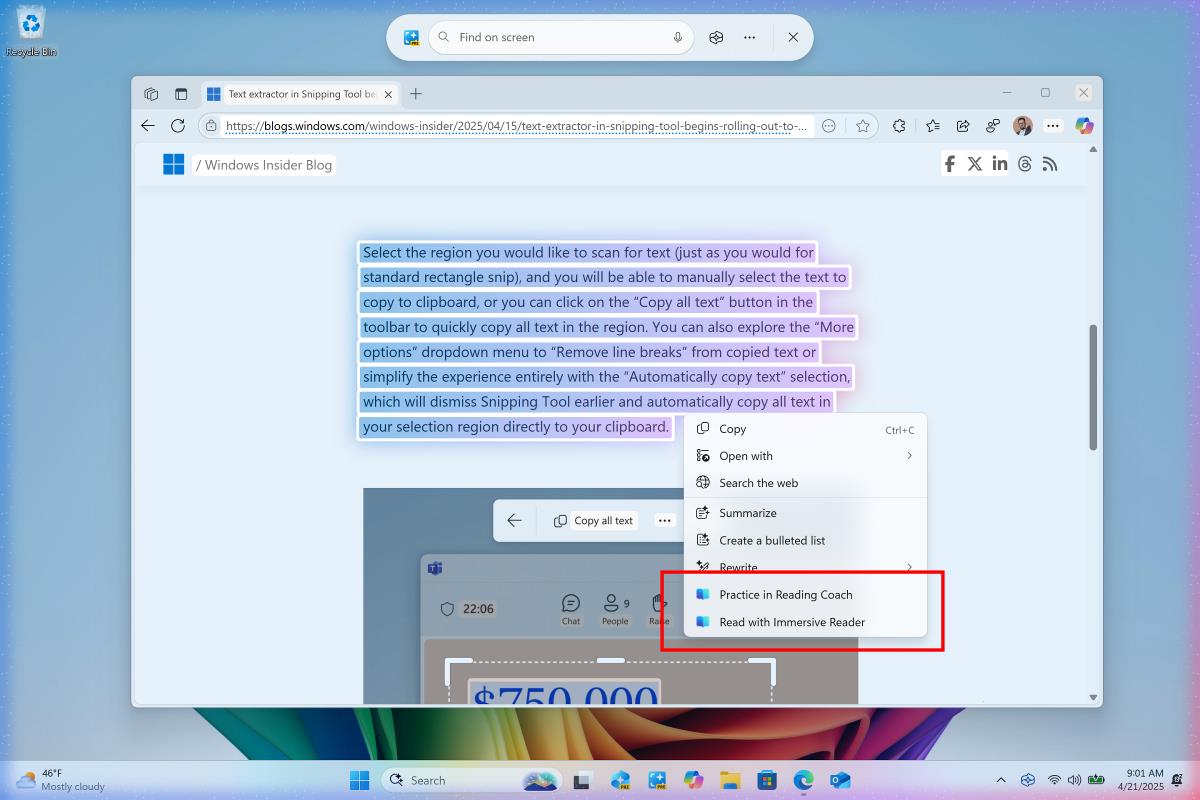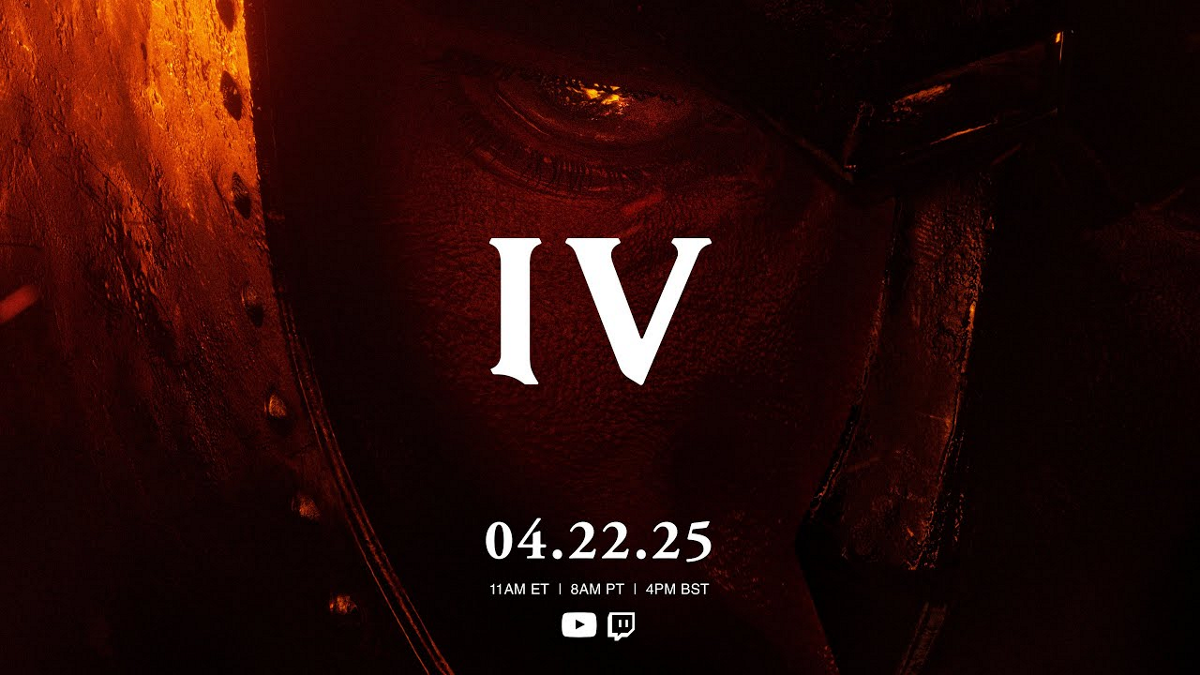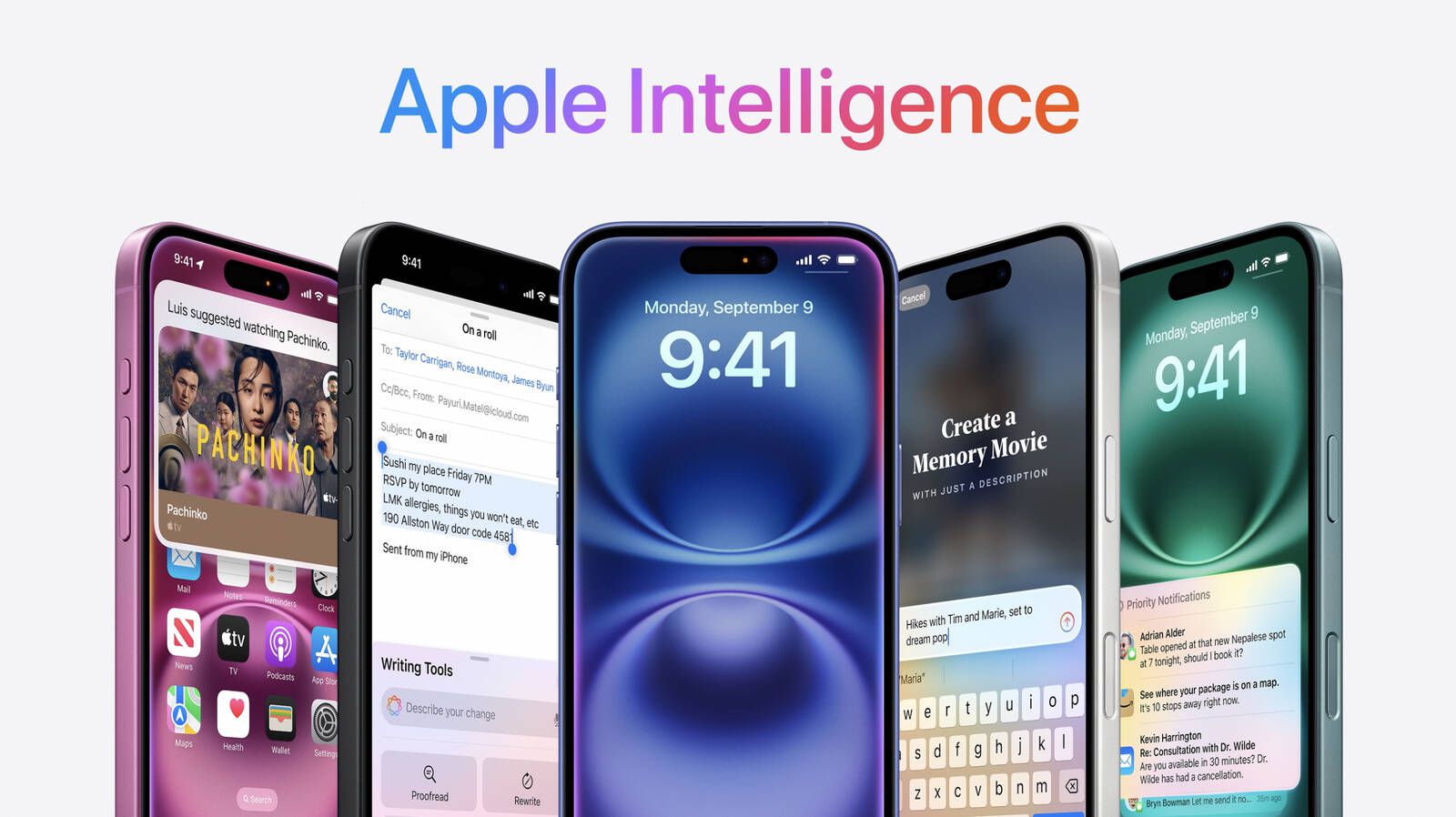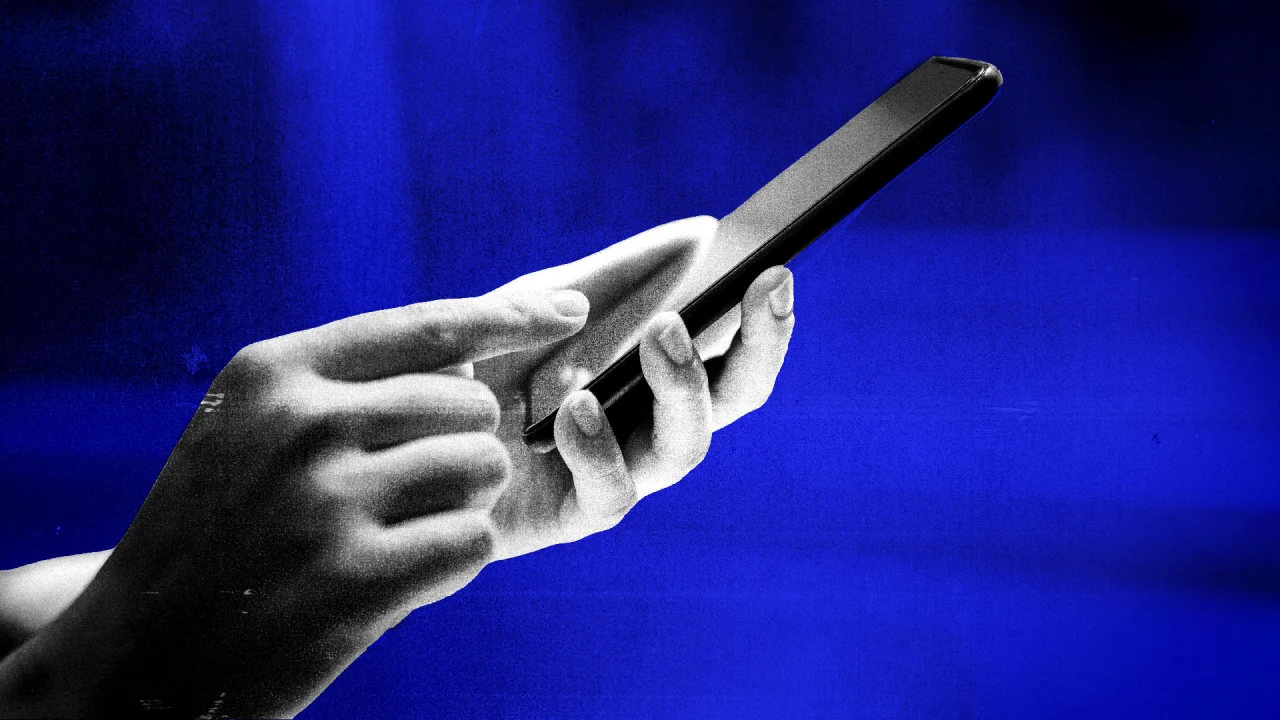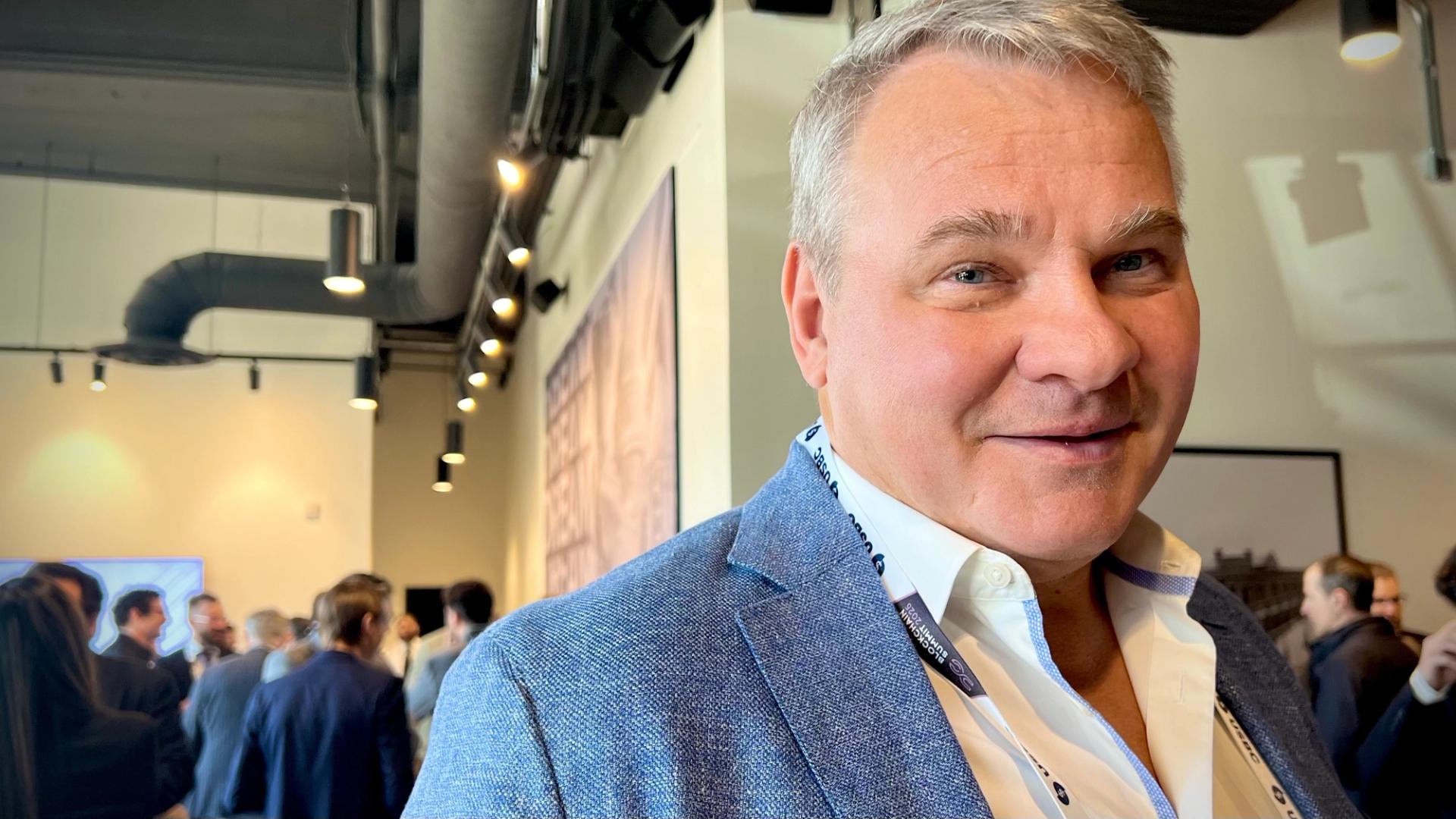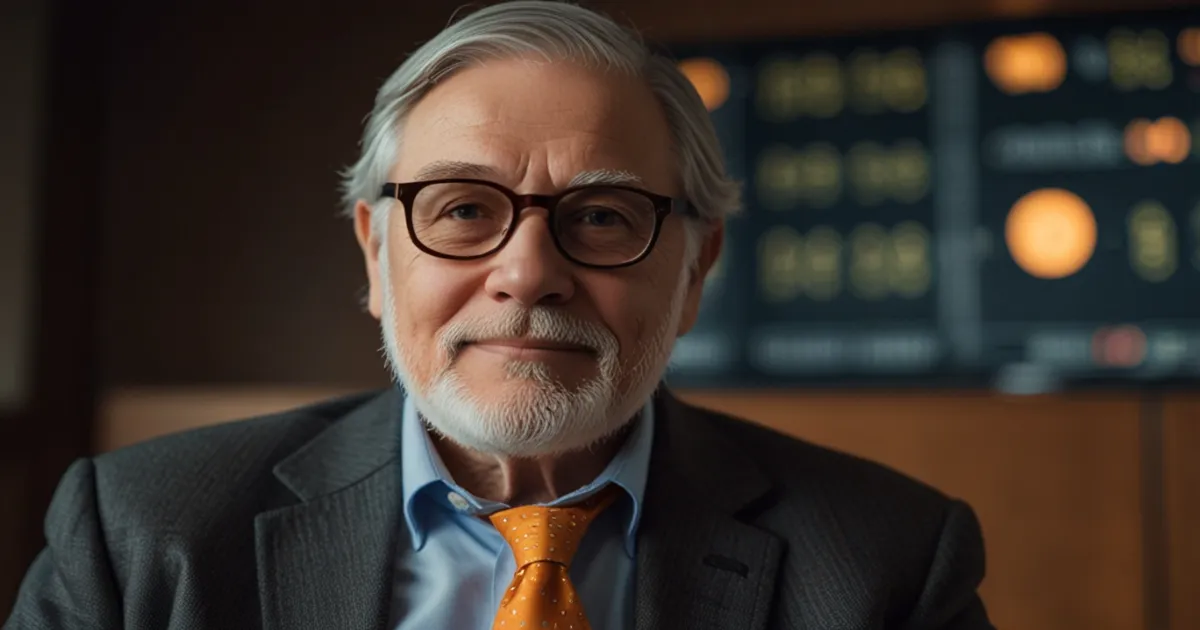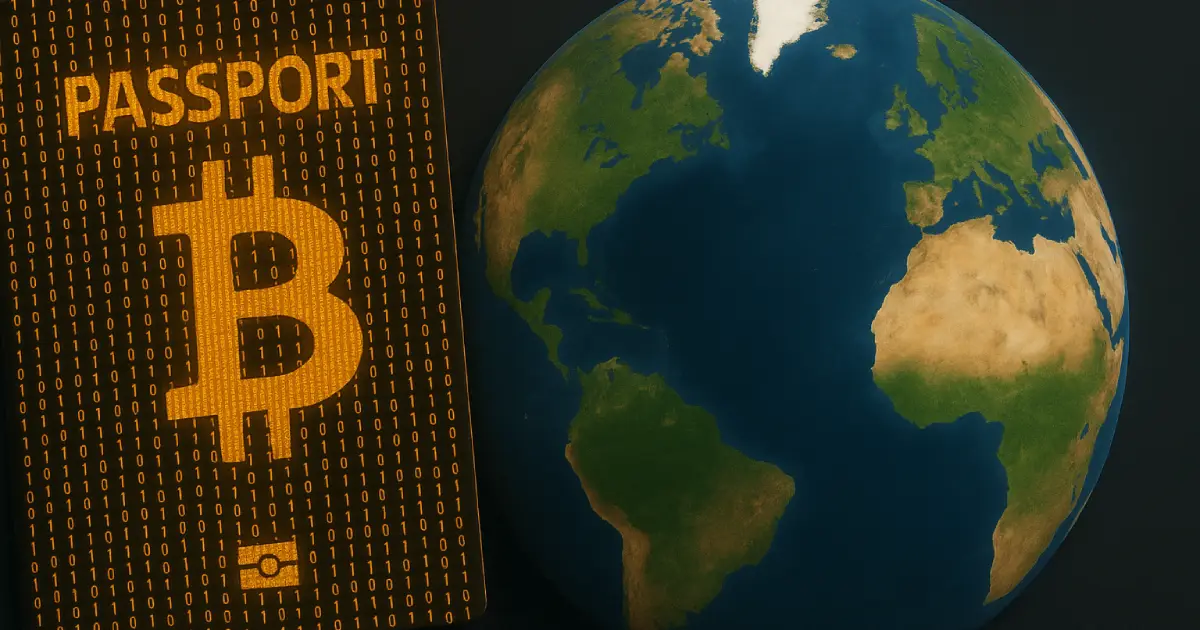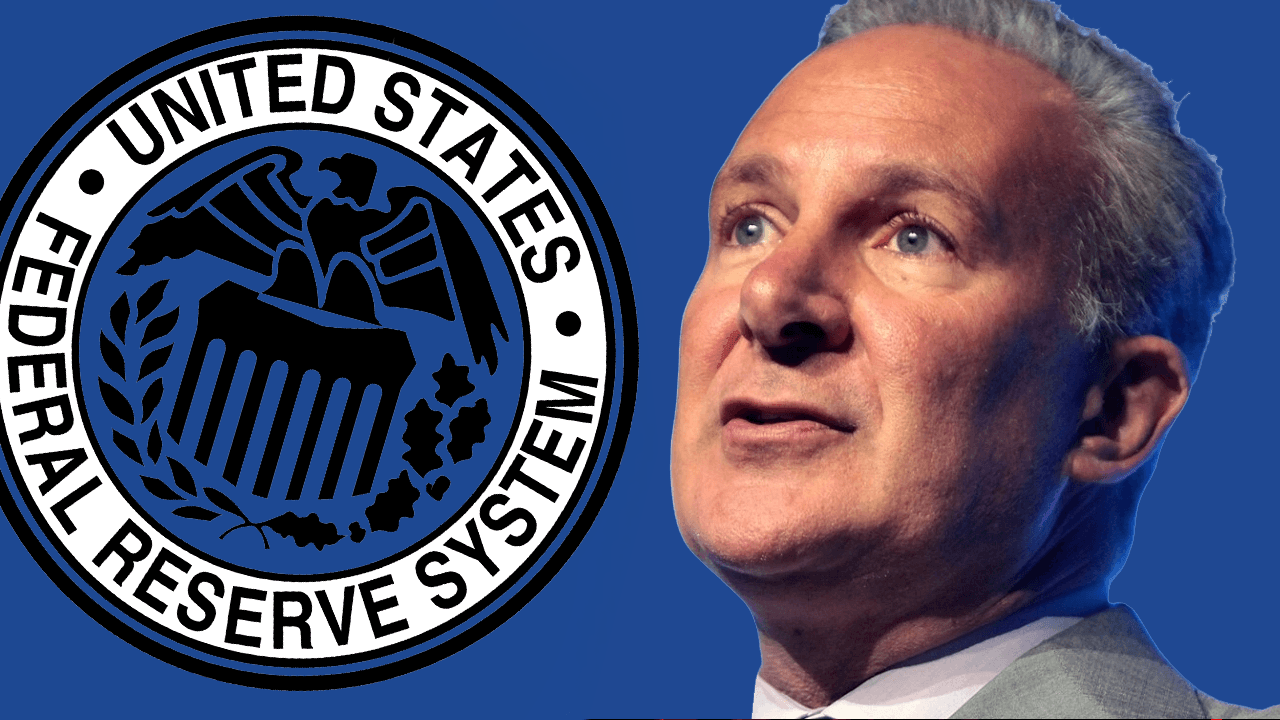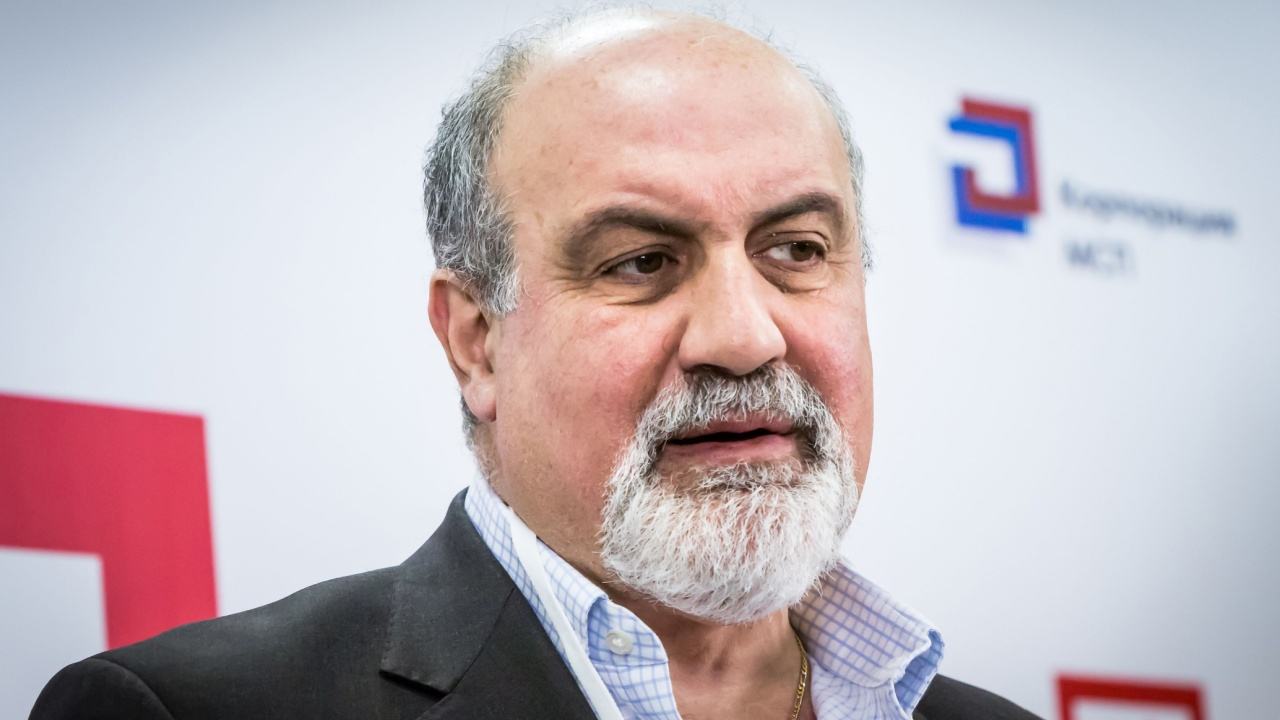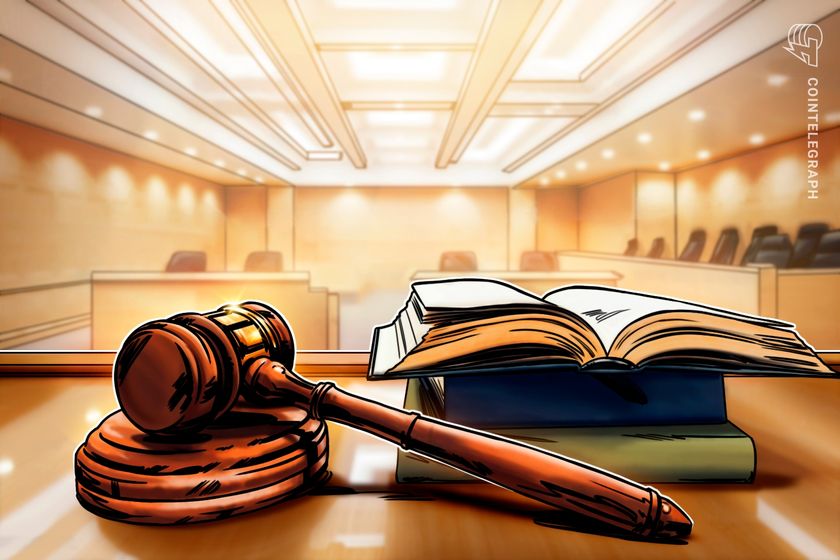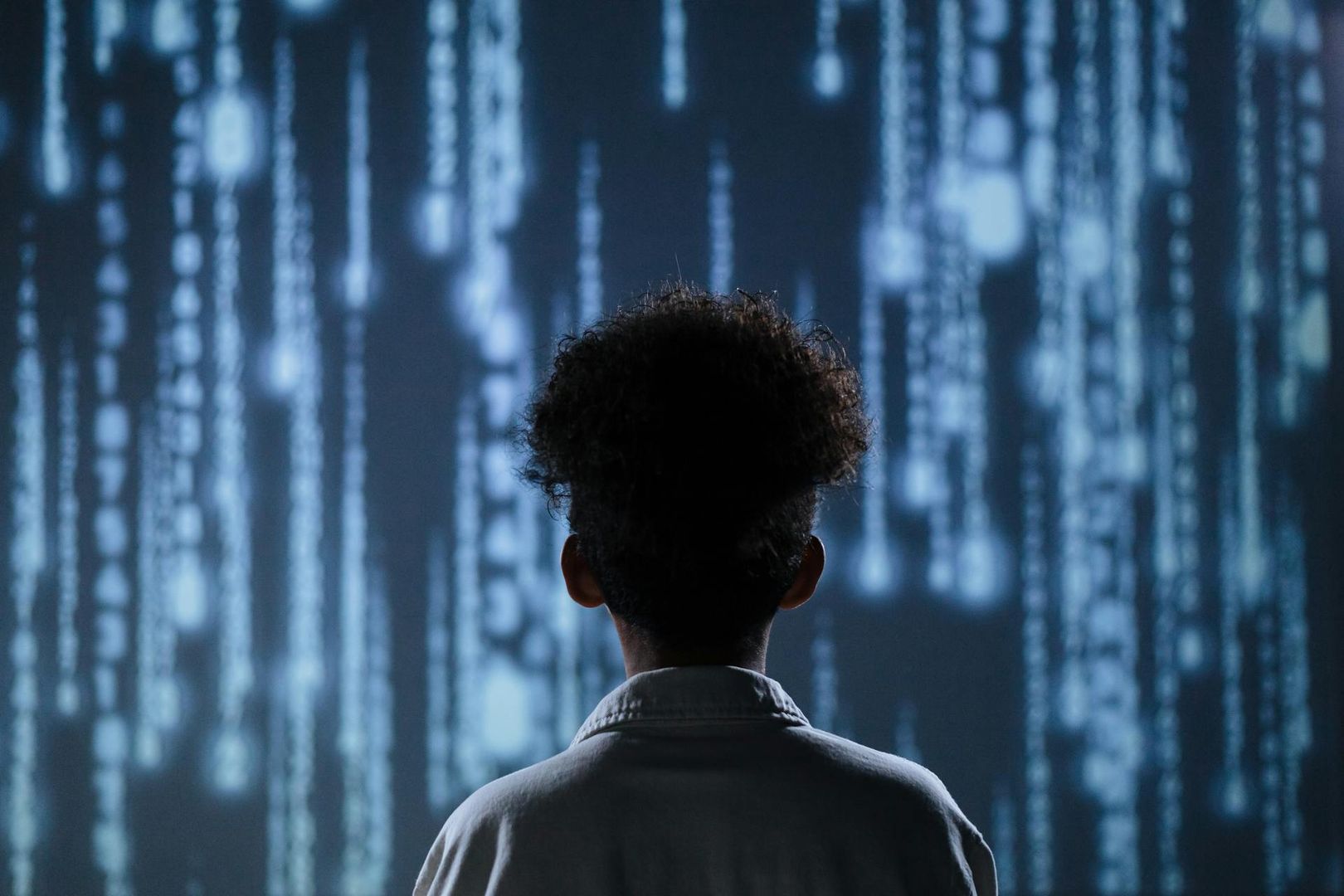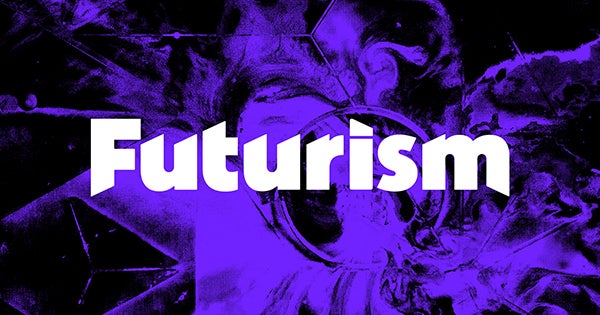Actors Horrified as They Learn What Selling Their Faces as AI Actually Means
From peddling snake oil on social media, to backing foreign coups. Some actors who were desperate to make a quick buck are now learning of the horrifying consequences of selling their likenesses to companies that use them in AI videos, Agence France-Presse reports. South Korean actor Simon Lee, for example, found that his image was being used to promote "questionable health cures" on TikTok and Instagram. And the terms of his contract meant there was nothing he could do to get the videos removed. "If it was a nice advertisement, it would've been fine to me. But obviously it is […]


From peddling snake oil on social media, to backing foreign coups. Some actors who were desperate to make a quick buck are now learning of the horrifying consequences of selling their likenesses to companies that use them in AI videos, Agence France-Presse reports.
South Korean actor Simon Lee, for example, found that his image was being used to promote "questionable health cures" on TikTok and Instagram. And the terms of his contract meant there was nothing he could do to get the videos removed.
"If it was a nice advertisement, it would've been fine to me," Lee told AFP. "But obviously it is such a scam."
In 2022, British actor and model Connor Yeates signed a three-year deal with a company called Synthesia for $5,240 because, at the time, he was sleeping on a friend's couch and "needed the money." Later, Yeates found out that his face was used in a video to promote Ibrahim Traore, the president of Burkina Faso who took power in a coup d'état in 2022 — a usage that was a blatant violation of Synthesia's terms of service.
"Three years ago, a few videos slipped our content moderation partly because there was a gap in our enforcement for factually accurate but polarizing type content or videos with exaggerated claims or propaganda, for example," Alexandru Voica, head of corporate affairs at Synthesia, told AFP.
These stories encapsulate AI technology's potential to perpetuate misinformation, and in particular the invasiveness of AI-enabled deepfakes. With very little effort, anyone willing to pay money to use these services — which are sometimes free — can create a convincing enough video of someone saying something, so long as there's enough footage of that person out there.
Public figures like Taylor Swift and Scarlett Johansson understand this better than anyone, having had to condemn creeps that deepfaked them to promote political messages. Recently, the voice actor for Aloy in the "Horizon" video games said she was unnerved by an AI imitation of her performance as the character. Background actors, too, have voiced concerns about how they had their bodies fully digitized for indefinite use by studios.
They're also emblematic of AI's inroads into the acting industry. Actors have fought tooth and nail for protections against generative AI, but they're fairly limited and don't apply to the Wild West of non-union jobs. That opens the door for AI firms to capitalize on actors desperate for work, trapping them into dubious contracts. The temptation is strengthened by the fact that it's usually pretty easy work, requiring just several hours' worth of shooting in front of a green screen, getting fed lines by a teleprompter.
"The clients I've worked with didn't fully understand what they were agreeing to at the time," Alyssa Malchiodi, a lawyer who specializes in business law, told AFP. "One major red flag is the use of broad, perpetual and irrevocable language that gives the company full ownership or unrestricted rights to use a creator's voice, image and likeness across any medium."
Synthesia, the platform that let an actor's visage be used in a propaganda piece during the leadup to a coup, recently announced that it'd be starting a talent experience program that will allow actors to be involved in decision-making processes, Ars Technica notes. Protections are nice, but they can only change so much if not widely adopted. Otherwise, firms and clients might simply choose not to hire actors that aren't willing to fully sign their autonomy over.
More on AI: AI Startup Deletes Entire Website After Researcher Finds Something Disgusting There
The post Actors Horrified as They Learn What Selling Their Faces as AI Actually Means appeared first on Futurism.
















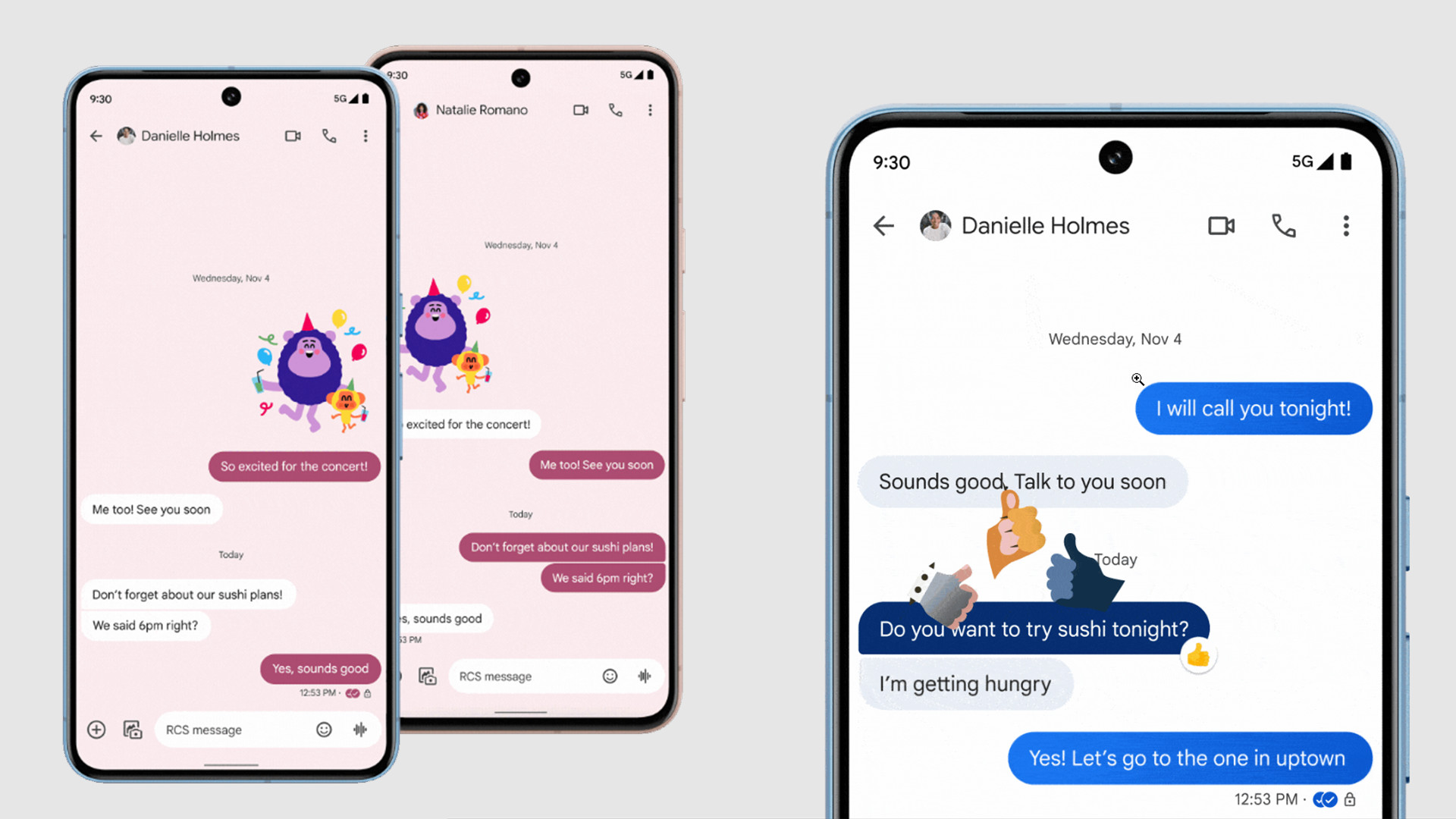


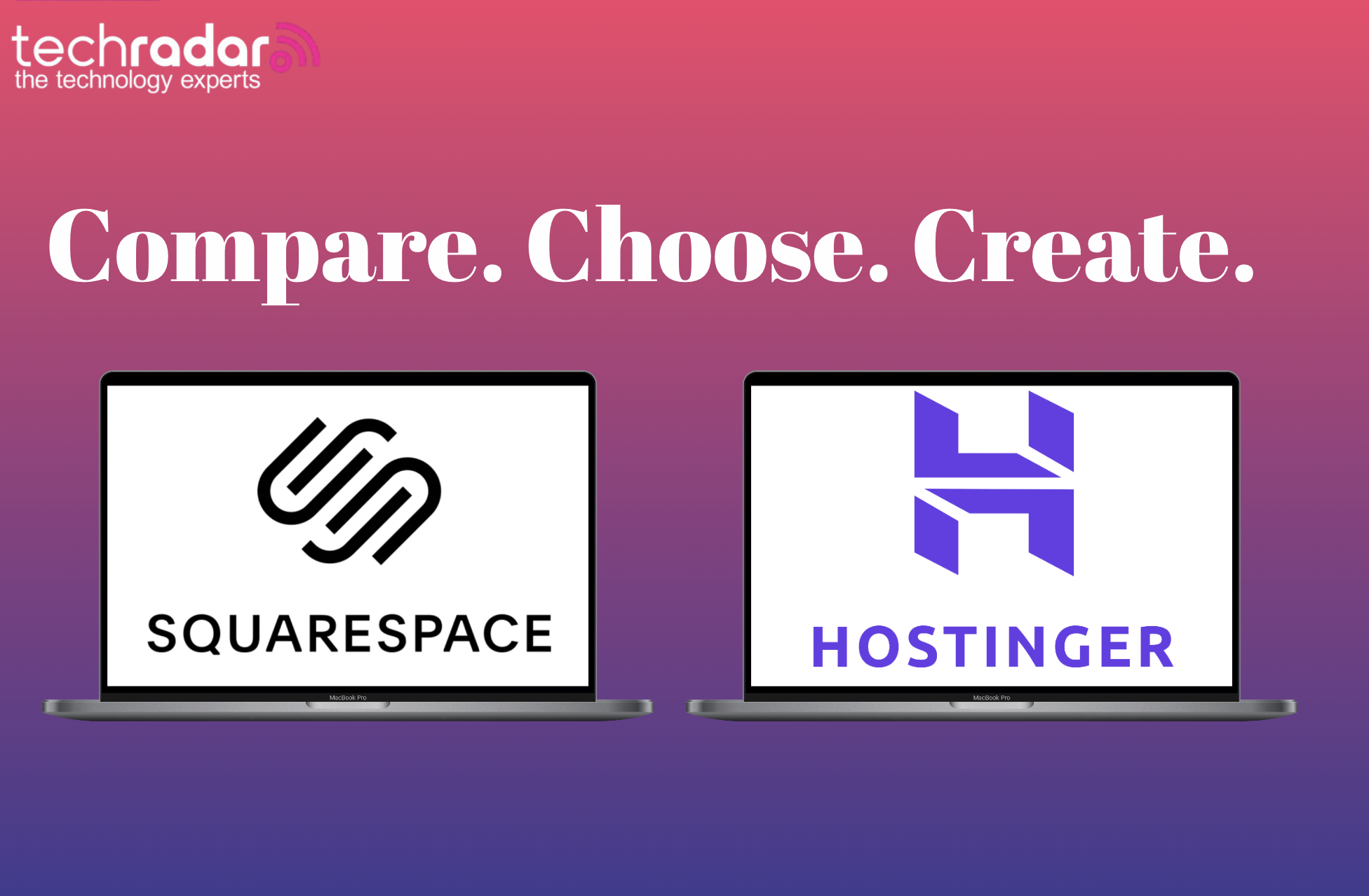


































.jpg)





















































































































![[The AI Show Episode 144]: ChatGPT’s New Memory, Shopify CEO’s Leaked “AI First” Memo, Google Cloud Next Releases, o3 and o4-mini Coming Soon & Llama 4’s Rocky Launch](https://www.marketingaiinstitute.com/hubfs/ep%20144%20cover.png)
















































































































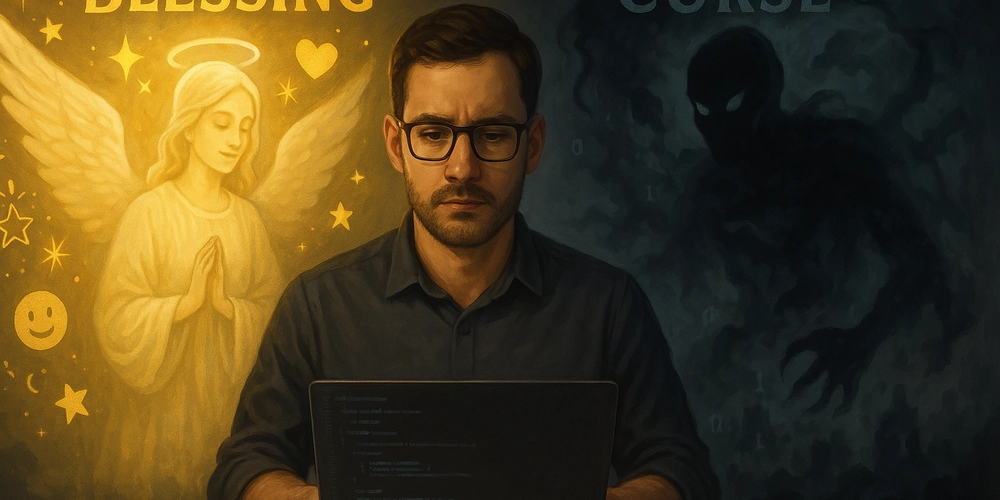

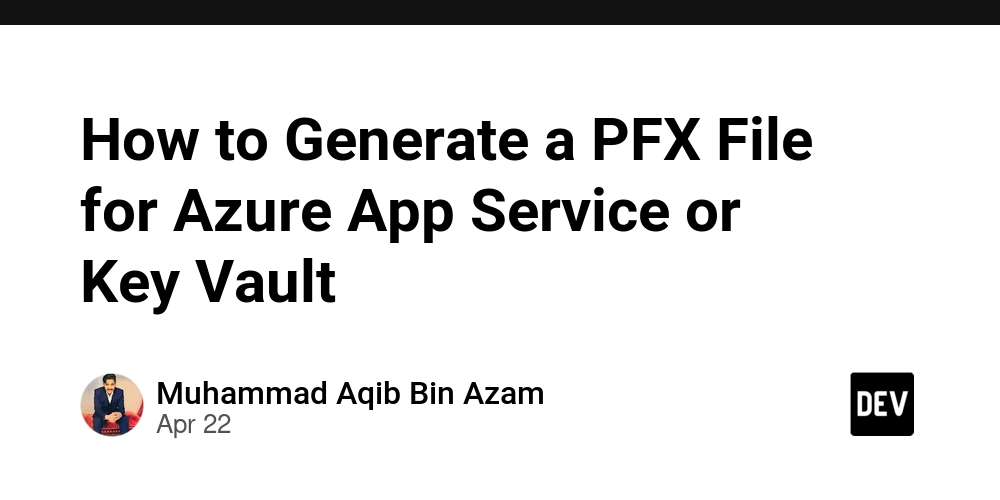





































![BPMN-procesmodellering [closed]](https://i.sstatic.net/l7l8q49F.png)


























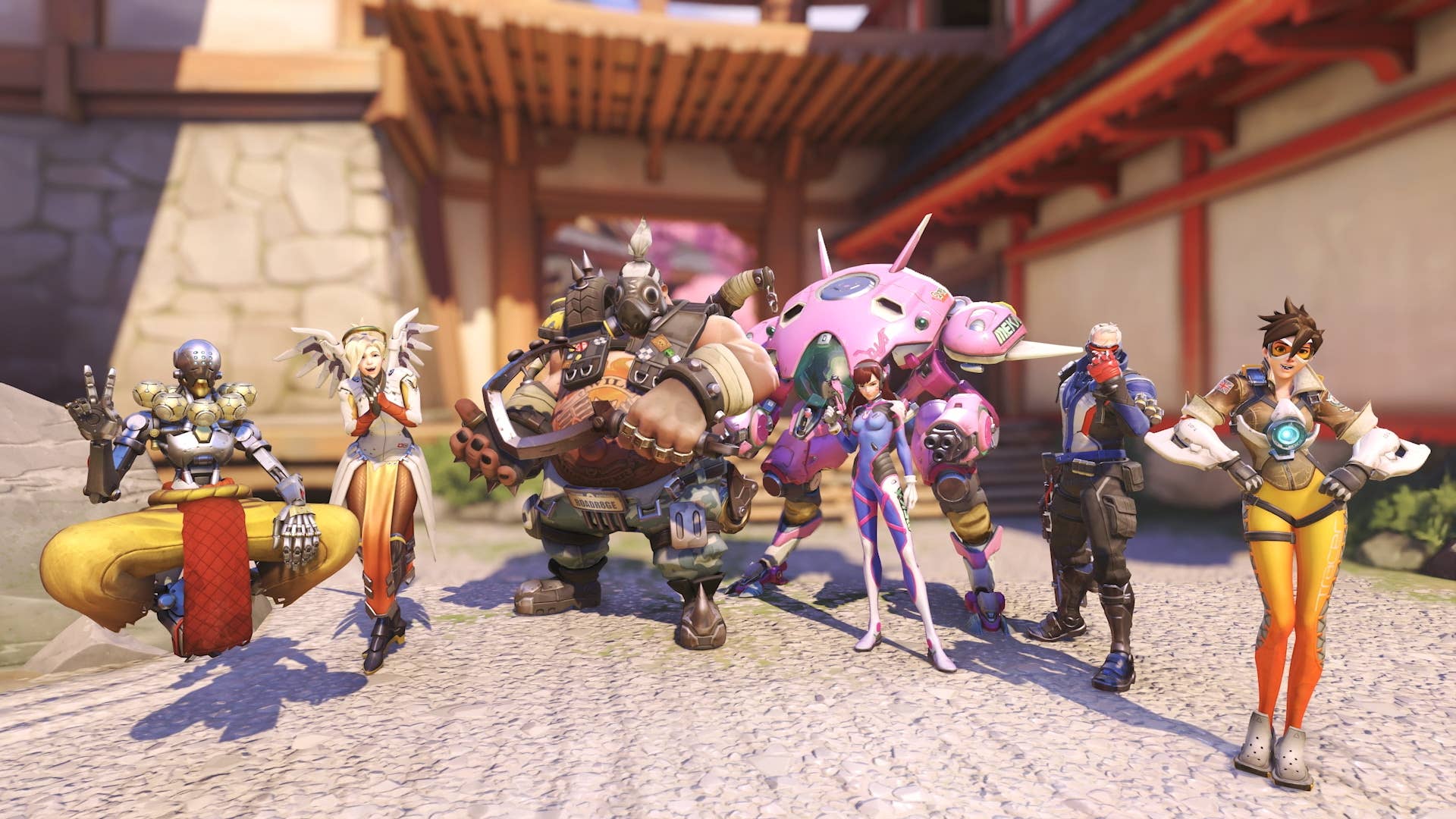



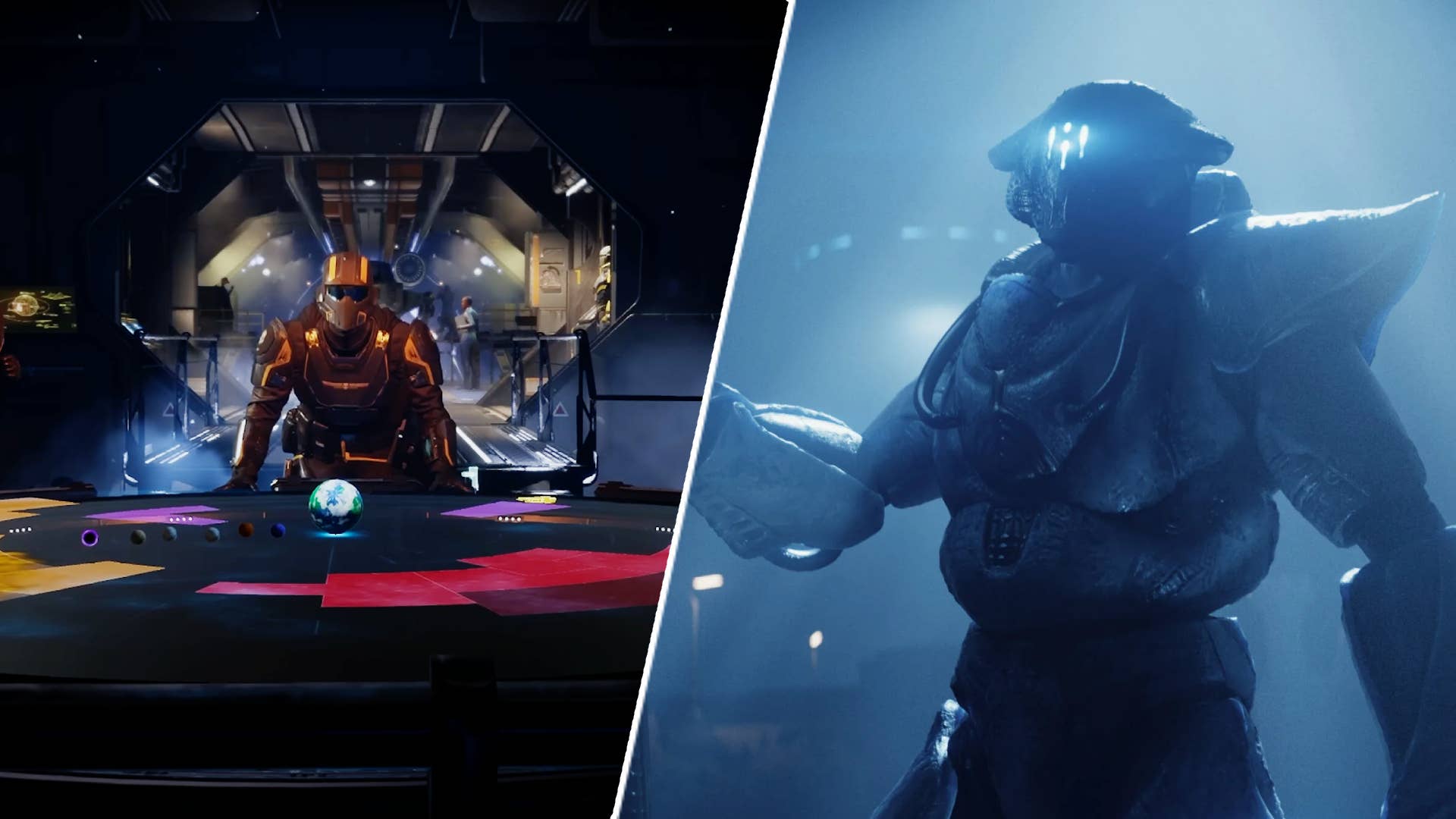




































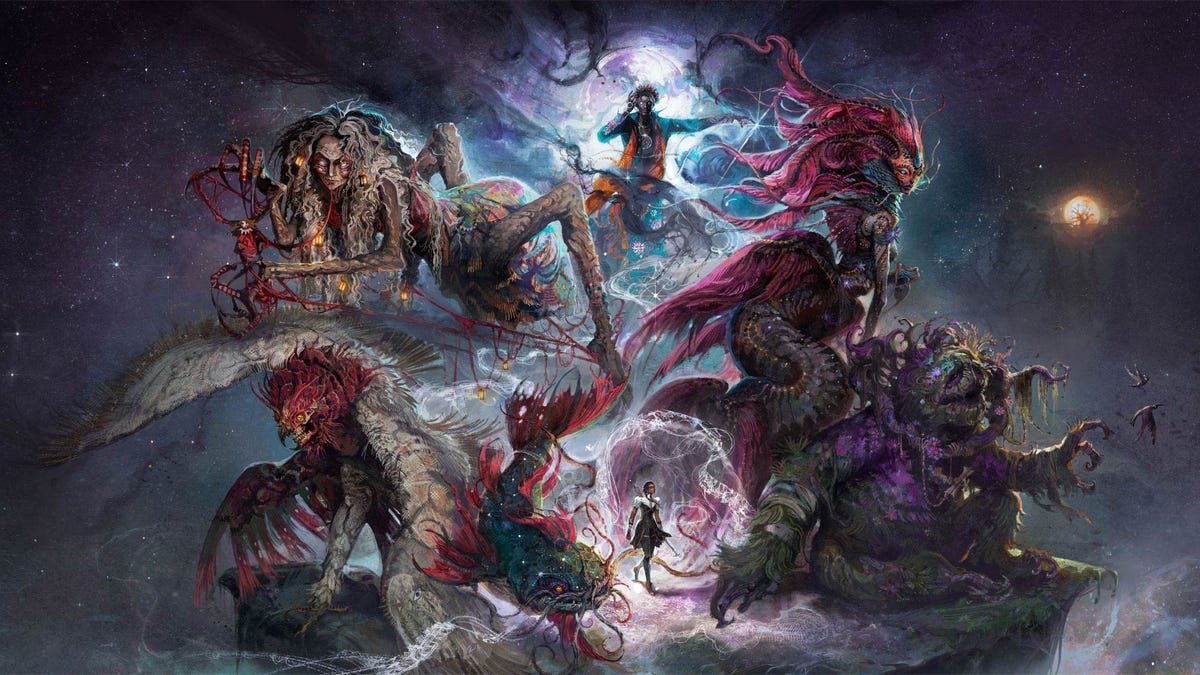





















-All-will-be-revealed-00-35-05.png?width=1920&height=1920&fit=bounds&quality=70&format=jpg&auto=webp#)
-All-will-be-revealed-00-17-36.png?width=1920&height=1920&fit=bounds&quality=70&format=jpg&auto=webp#)
-Jack-Black---Steve's-Lava-Chicken-(Official-Music-Video)-A-Minecraft-Movie-Soundtrack-WaterTower-00-00-32_lMoQ1fI.png?width=1920&height=1920&fit=bounds&quality=70&format=jpg&auto=webp#)























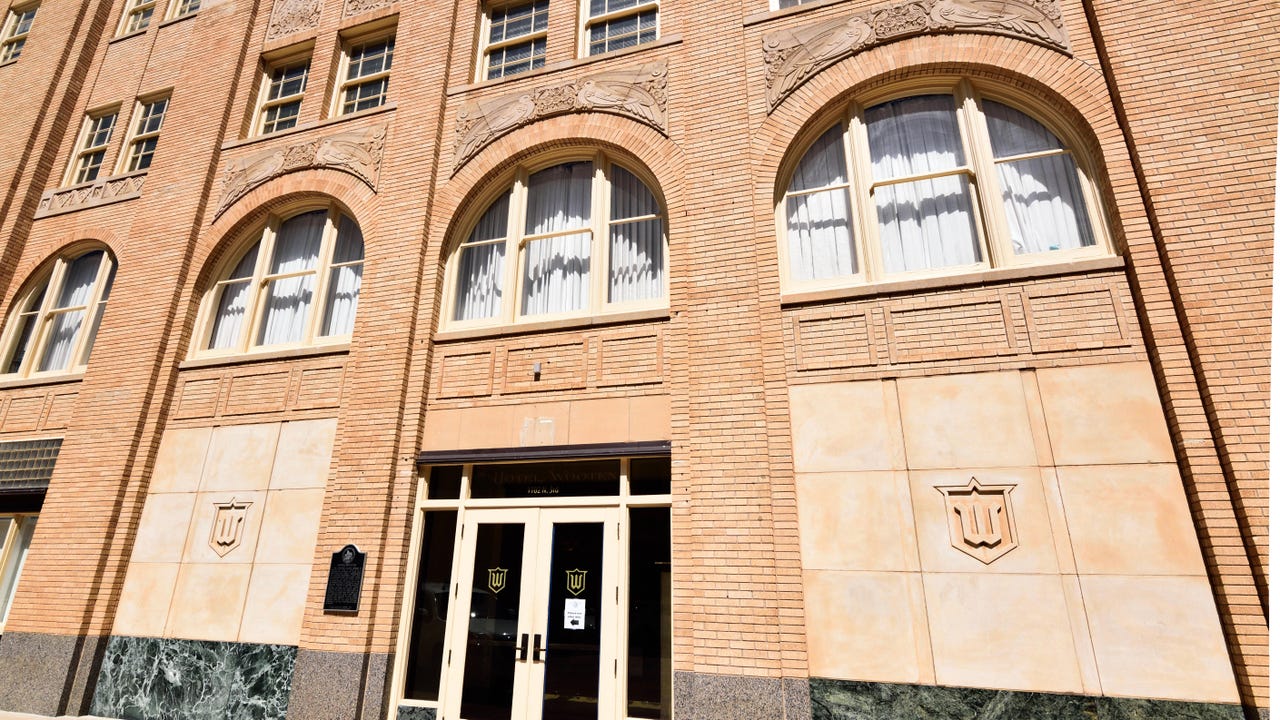

_Weyo_alamy.png?width=1280&auto=webp&quality=80&disable=upscale#)






















































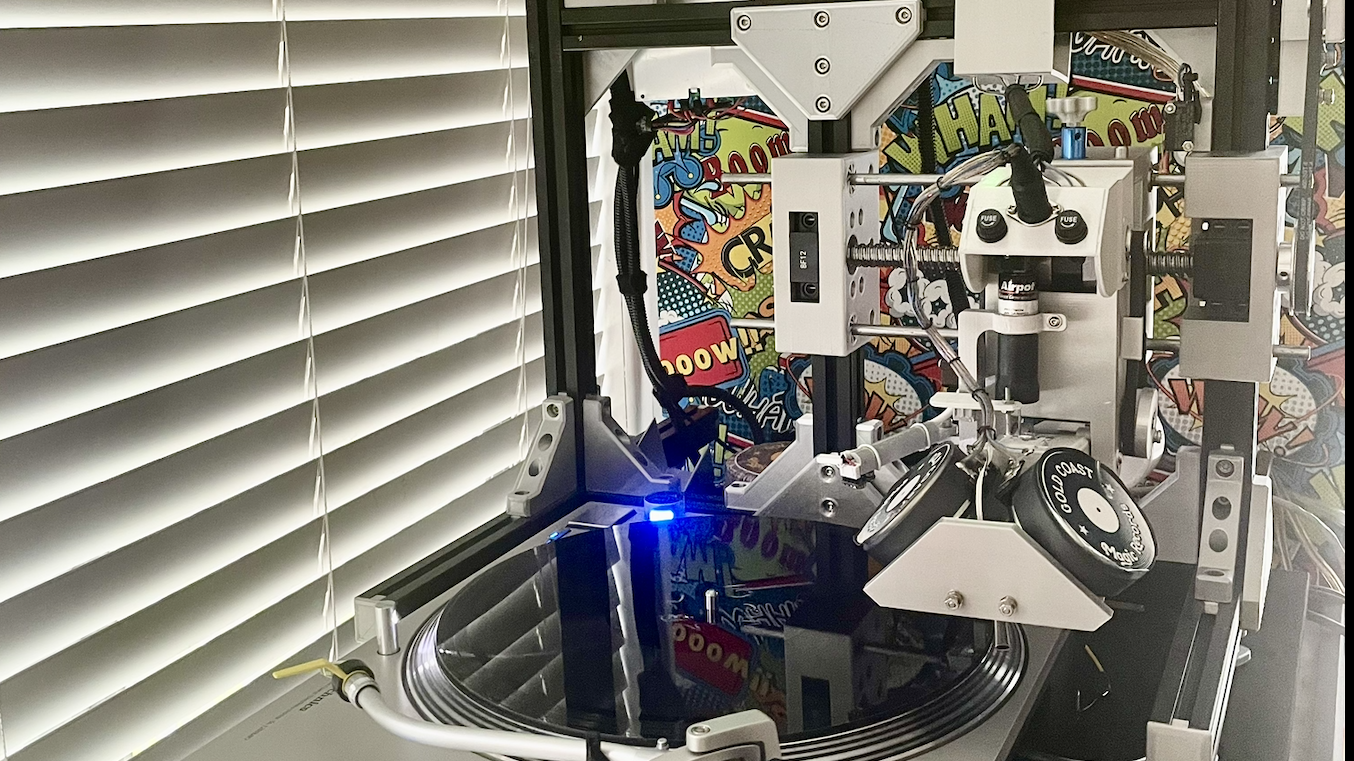


















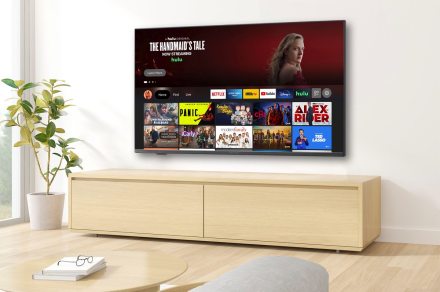


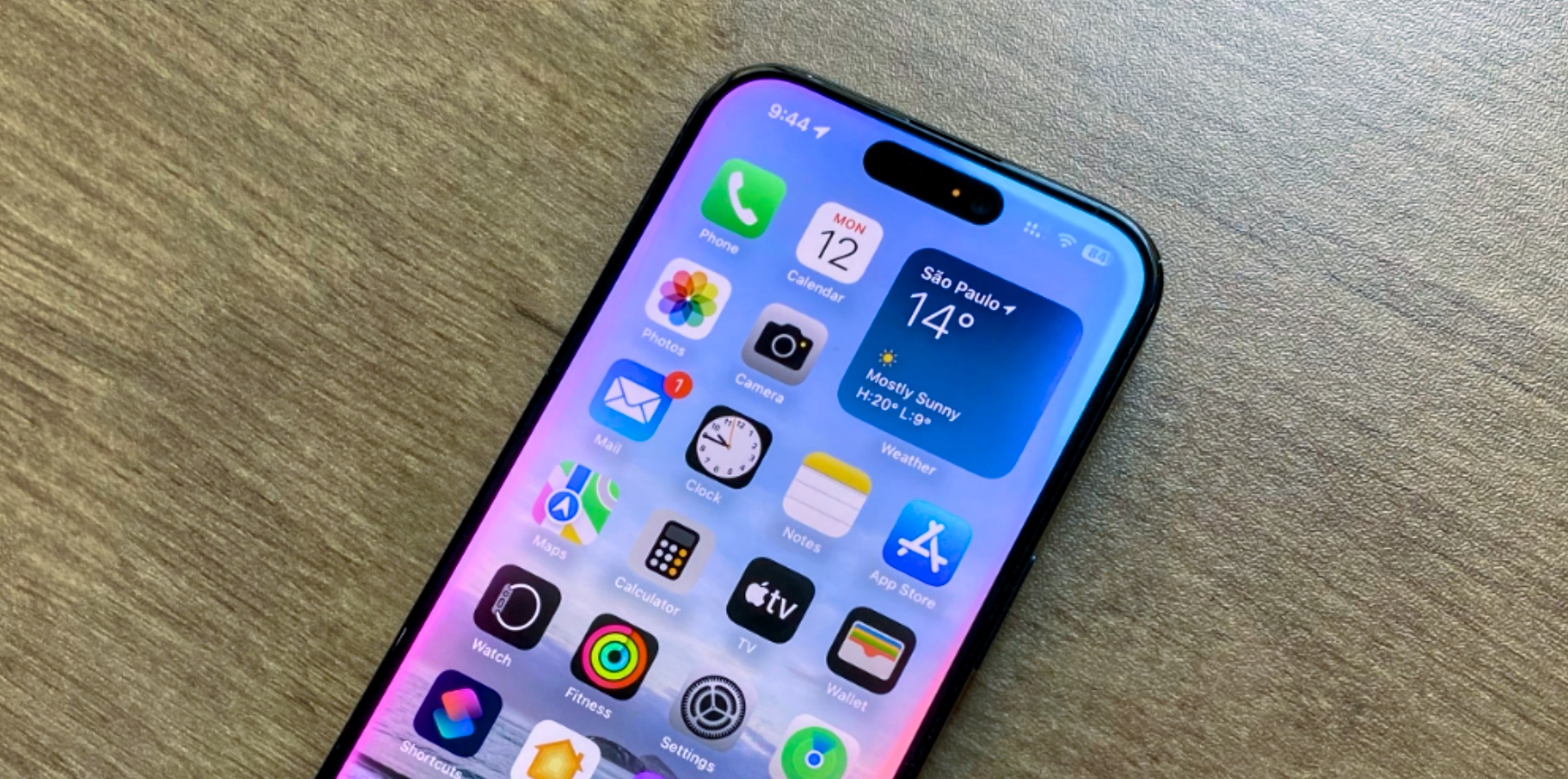





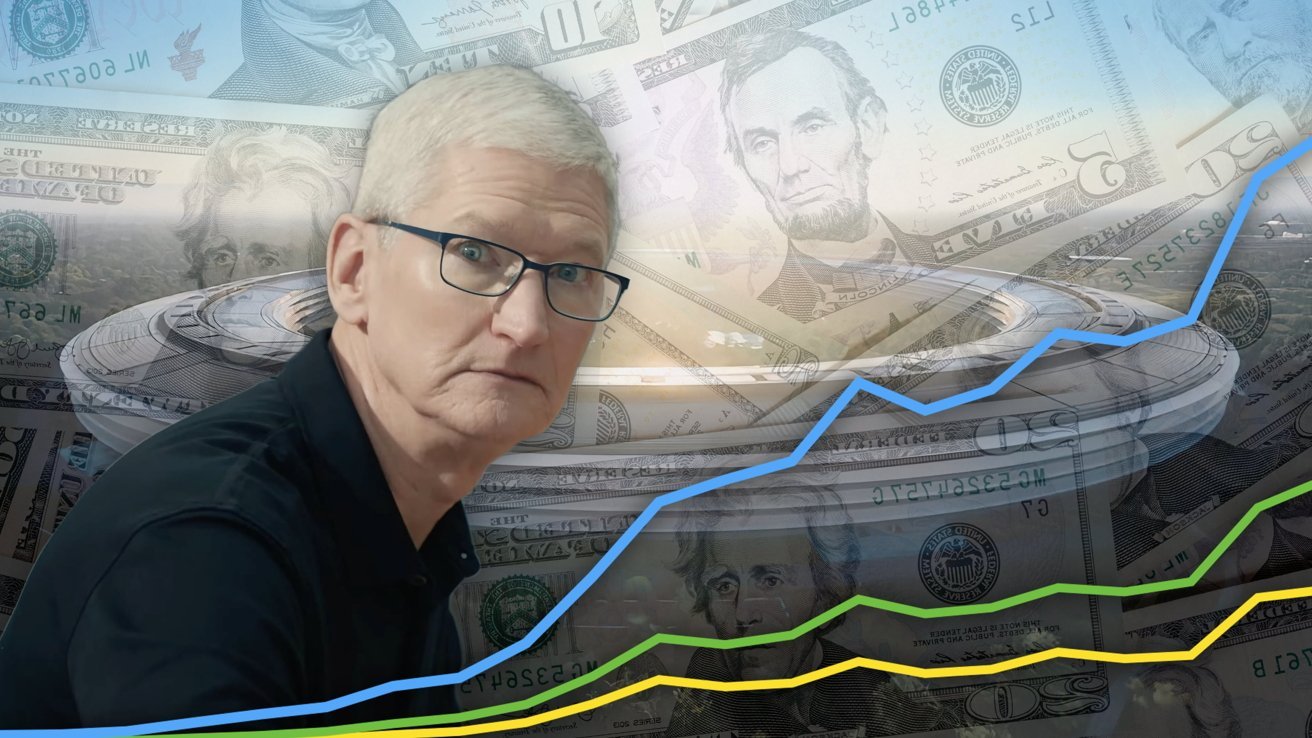
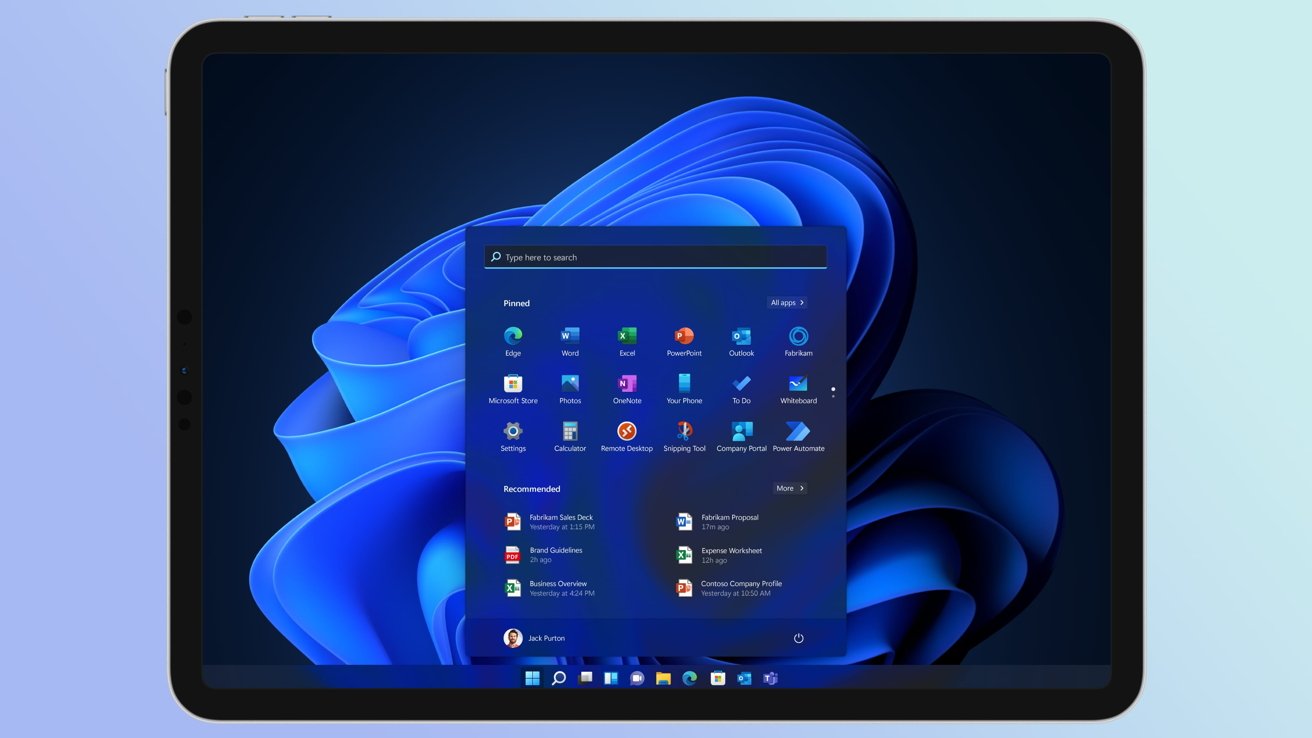
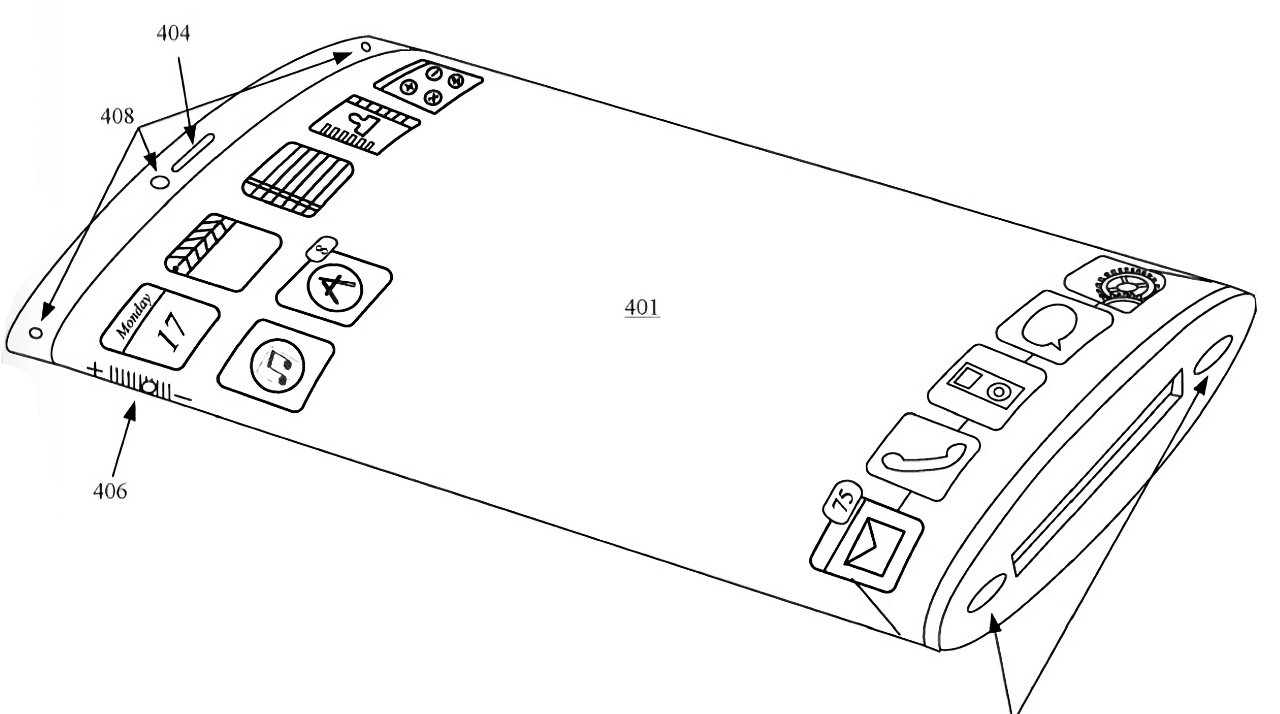
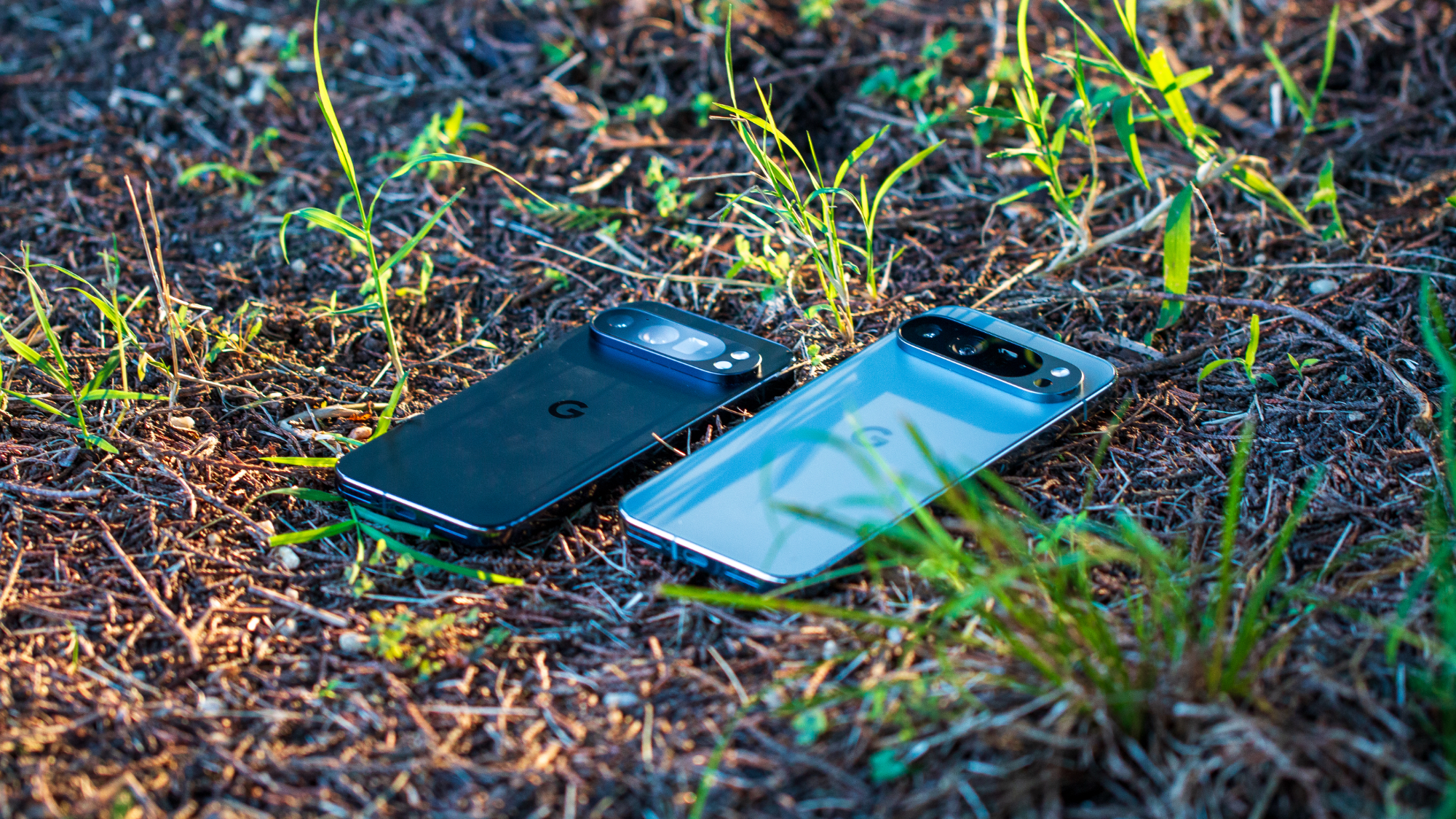
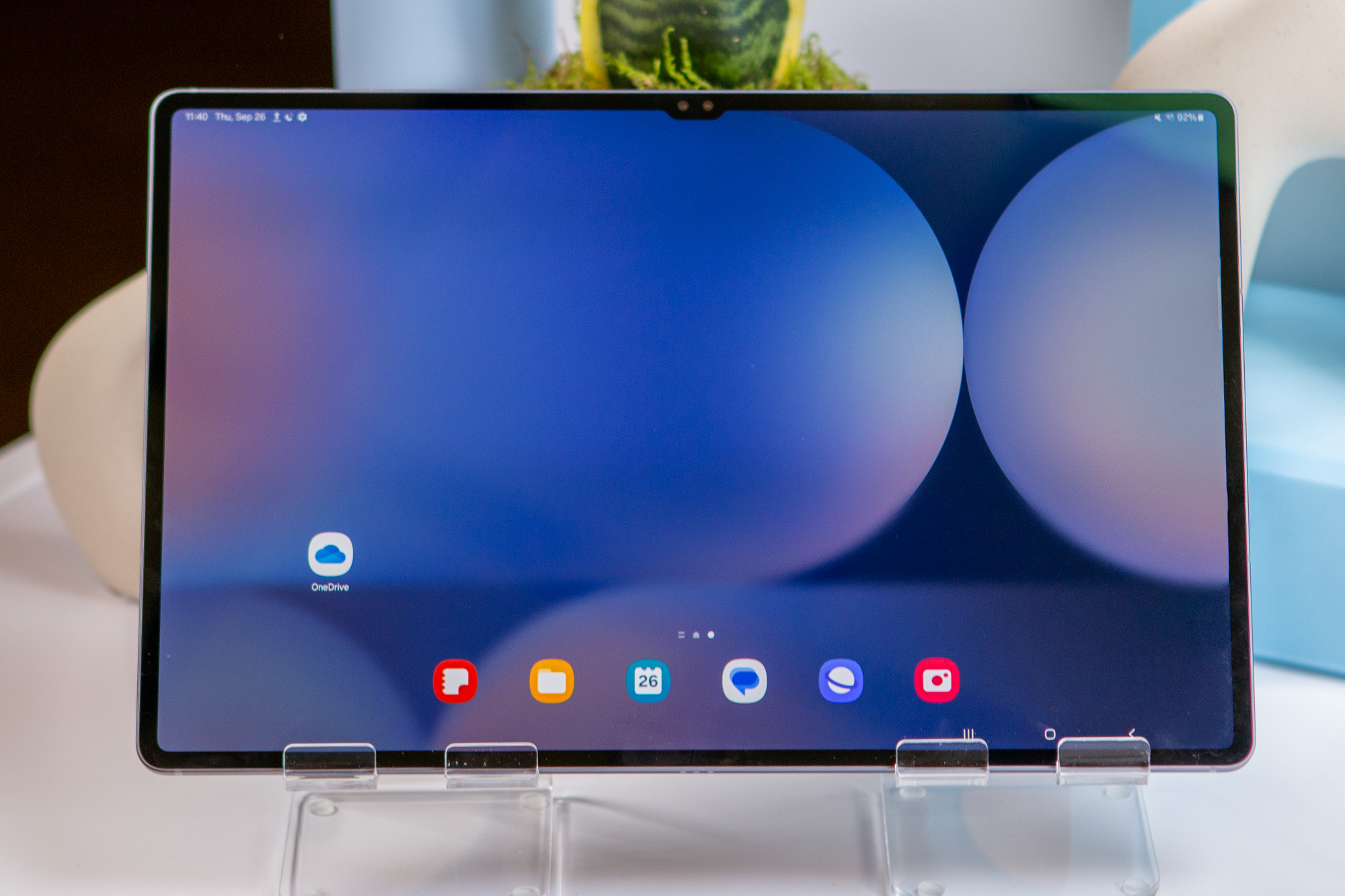
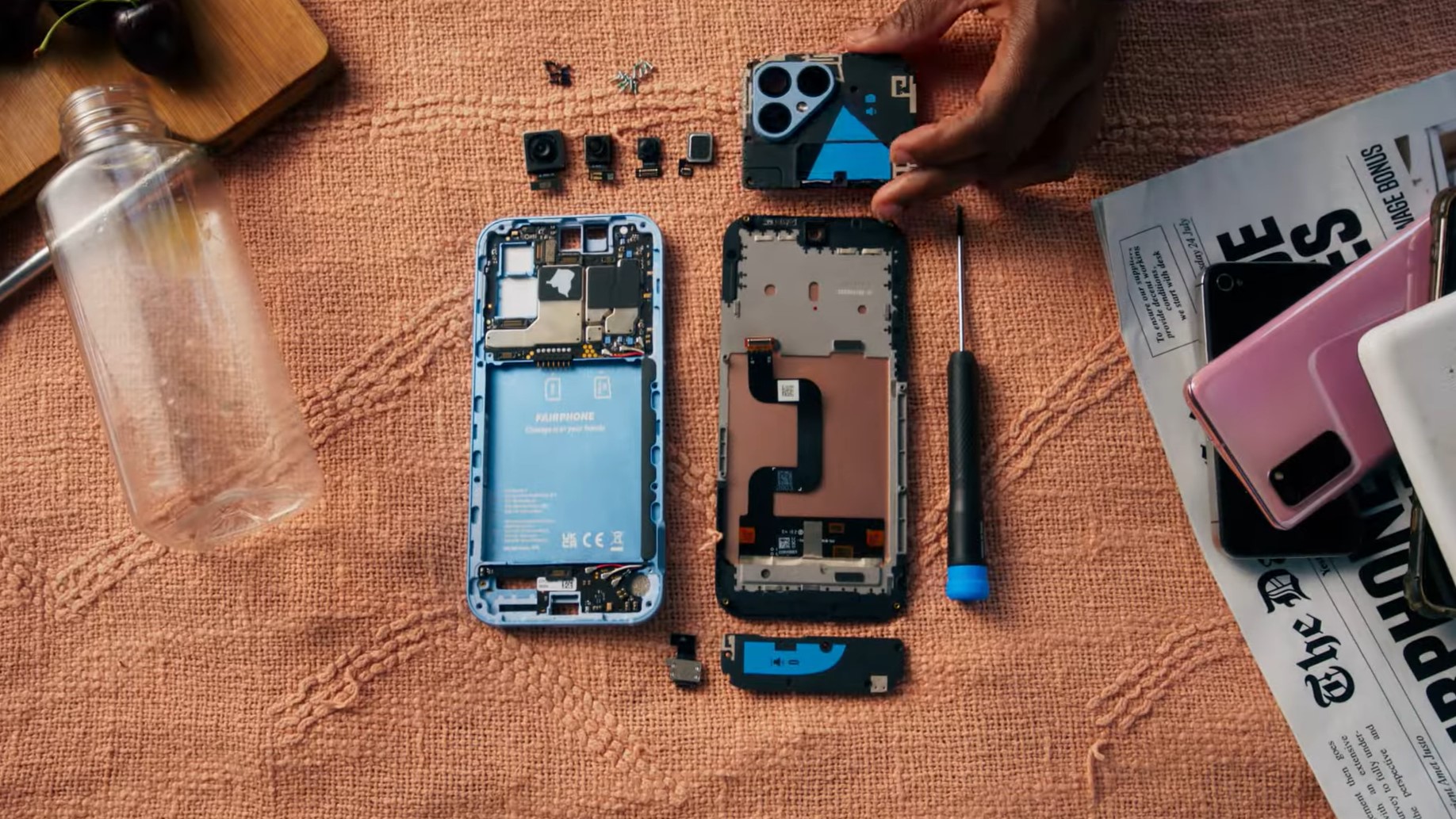
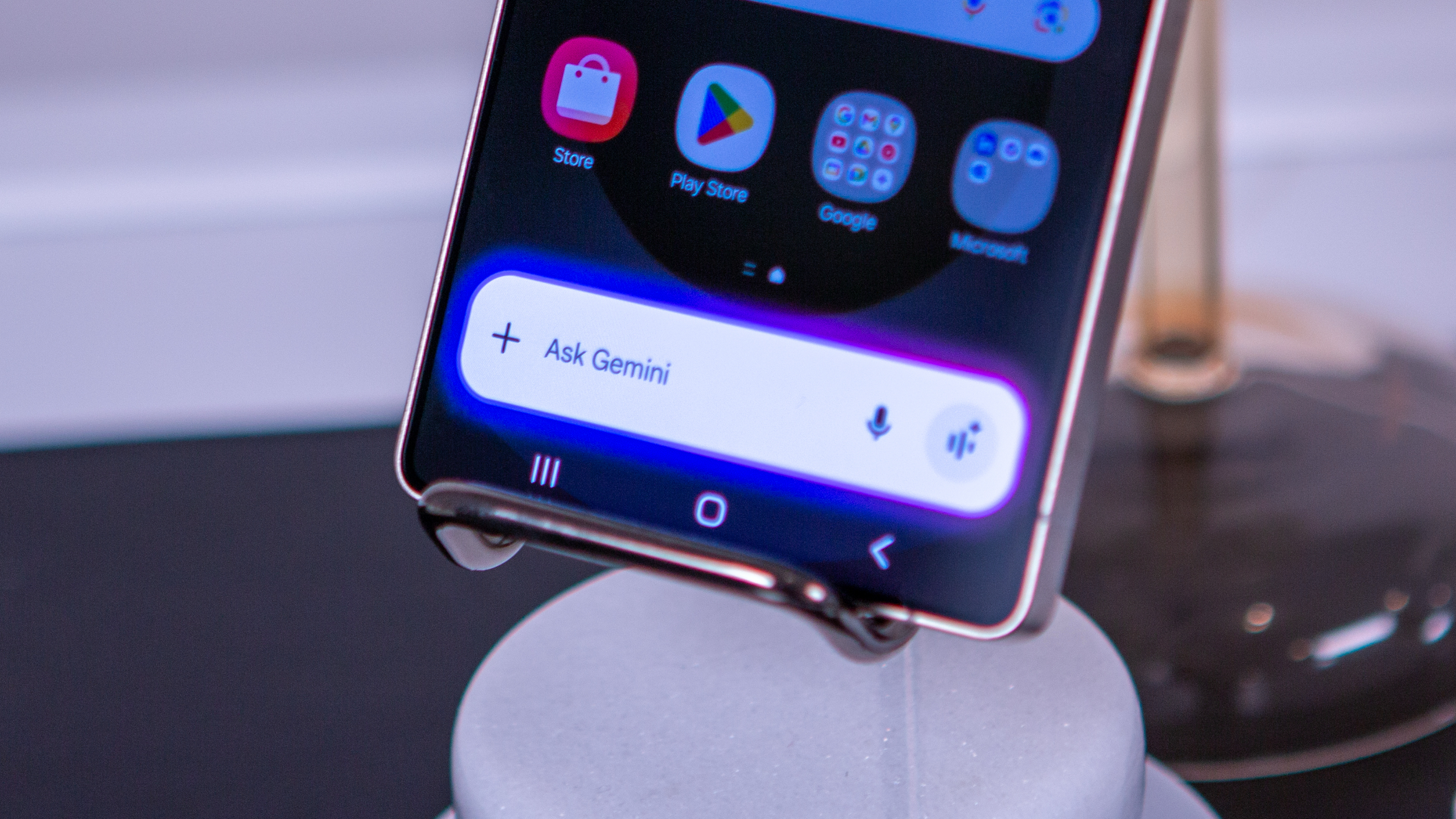
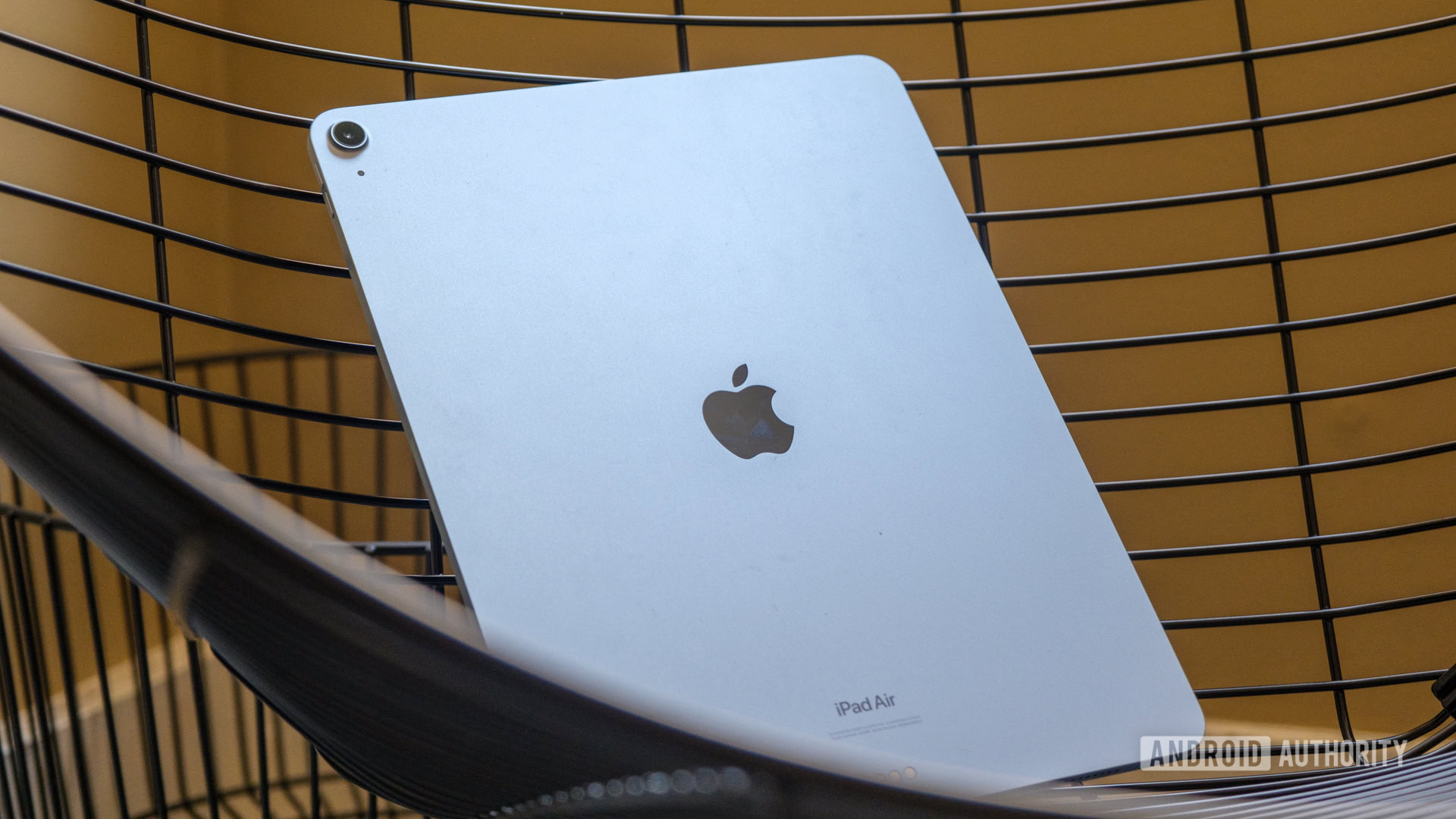

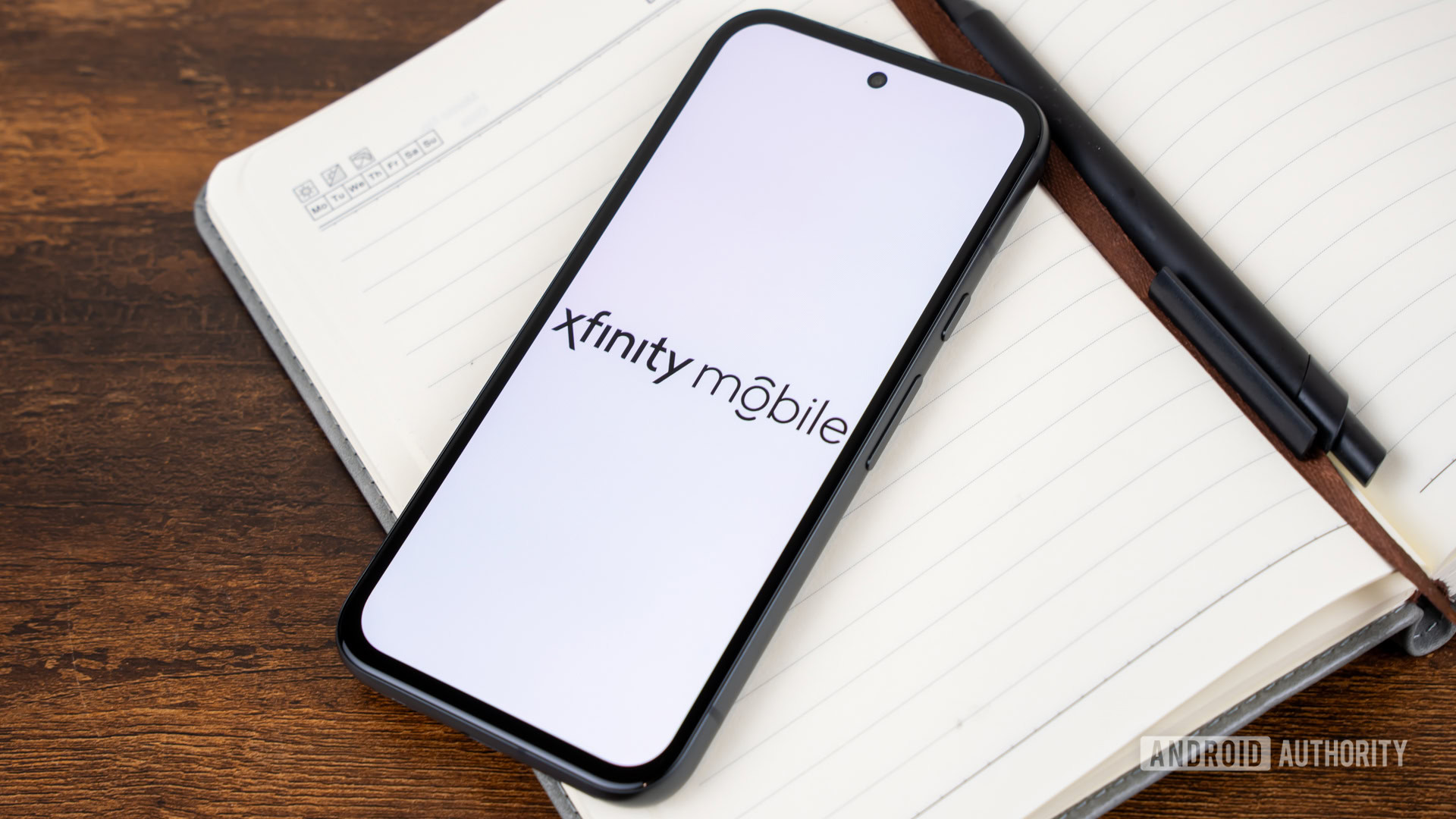
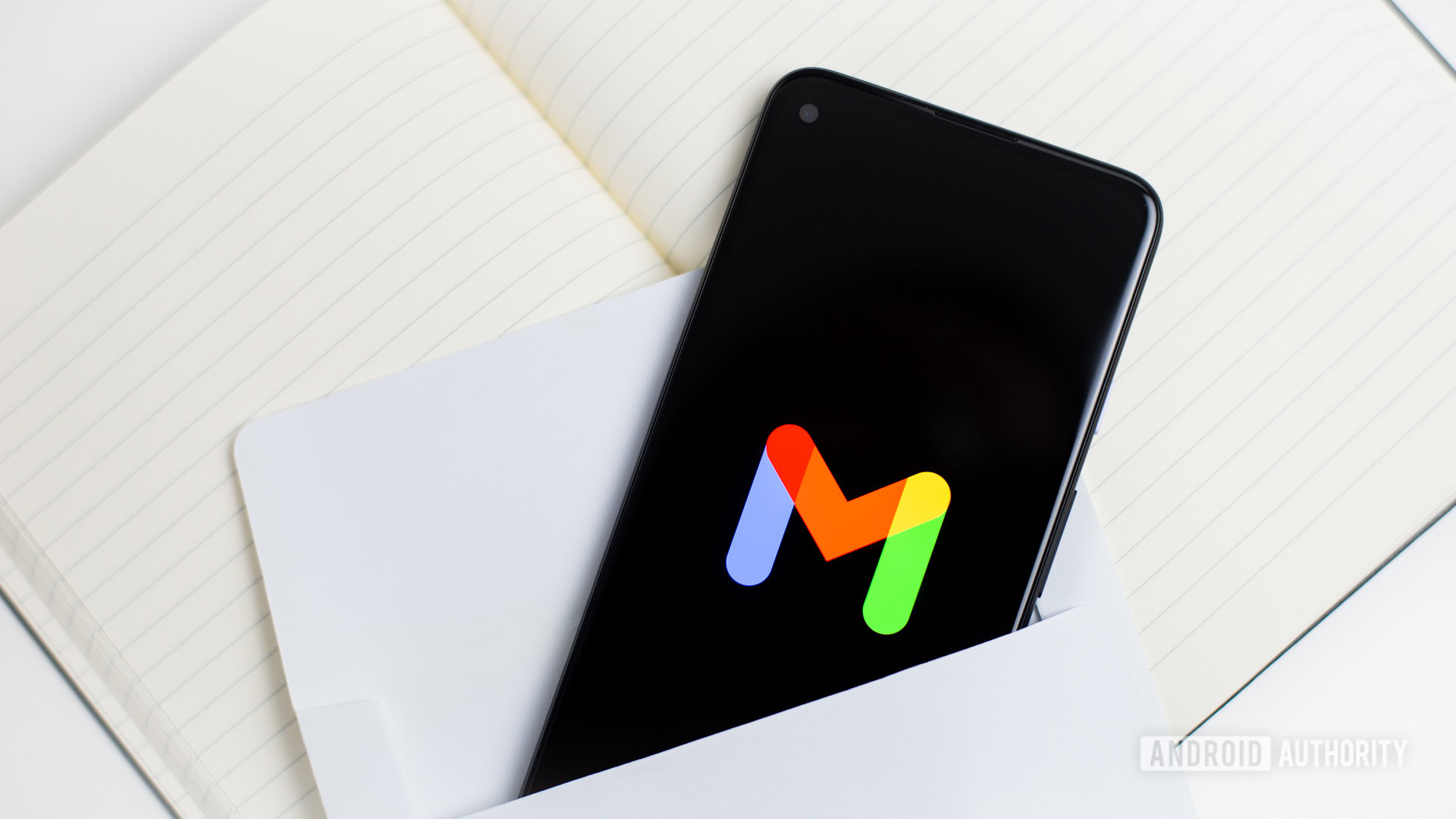

![What iPhone 17 model are you most excited to see? [Poll]](https://9to5mac.com/wp-content/uploads/sites/6/2025/04/iphone-17-pro-sky-blue.jpg?quality=82&strip=all&w=290&h=145&crop=1)

















![Hands-On With 'iPhone 17 Air' Dummy Reveals 'Scary Thin' Design [Video]](https://www.iclarified.com/images/news/97100/97100/97100-640.jpg)
![Mike Rockwell is Overhauling Siri's Leadership Team [Report]](https://www.iclarified.com/images/news/97096/97096/97096-640.jpg)
![Instagram Releases 'Edits' Video Creation App [Download]](https://www.iclarified.com/images/news/97097/97097/97097-640.jpg)
![Inside Netflix's Rebuild of the Amsterdam Apple Store for 'iHostage' [Video]](https://www.iclarified.com/images/news/97095/97095/97095-640.jpg)


















